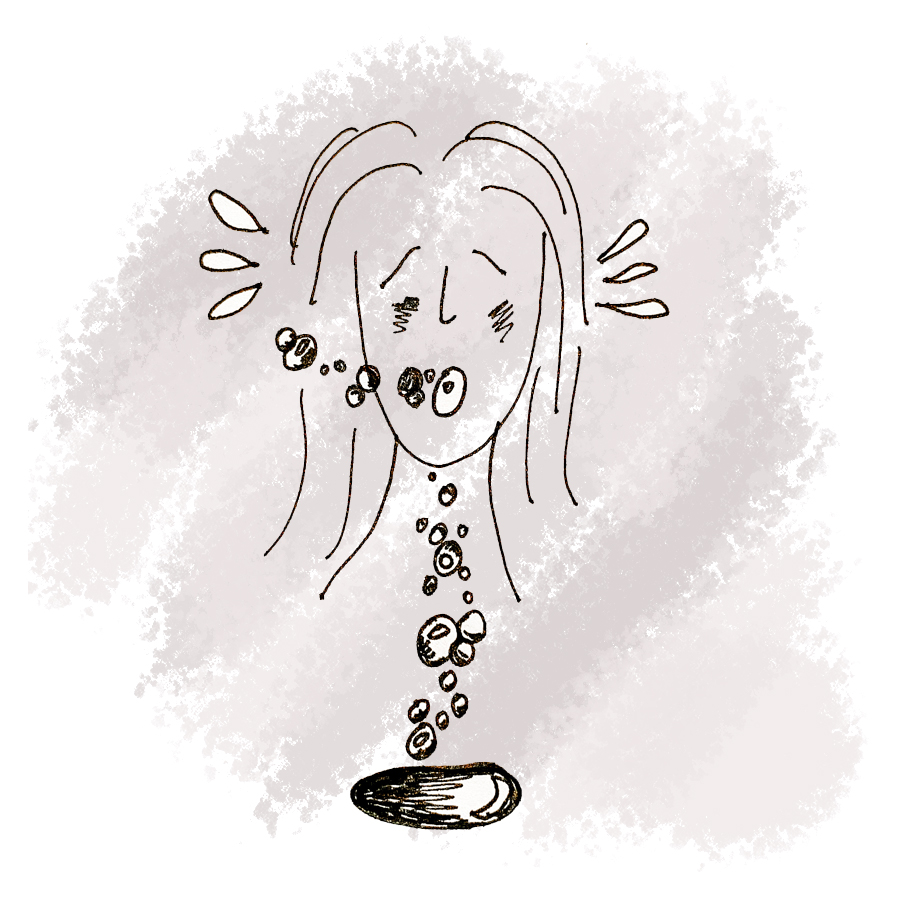Gut disturbance

For the last three years, Covid long haulers have had to become their own advocates and researchers as they lobby for recognition, funding and proper healthcare. Their knowledge has been hard-won against a backdrop of sickness. They’ve pushed through symptoms that ravaged their previously able-bodies and become the experts of their own disease.
That is why we decided that all the symptoms on this website should be written by patients, for patients. As our co-founder Jenene Crossan says “They poured their hearts, their souls and their deep determination to find just enough energy to put their experiences down for others to benefit from”.
Although we do not intend to give medical advice, the articles have been fact-checked by a wonderful doctor who is suffering from Long Covid too.
About the author
I caught Covid in 2022 when I’d just started a career in an industry I loved. I was in my mid-20s and hugely committed to my mahi | work. I was social and loved to work out; I was a creative problem-solver, hugely independent. Covid left me with crippling fatigue for months, which returned again after my second infection. An array of other symptoms, including gut disturbance, dysautonomia and trembling, meant I had to put my social life and career on the back burner.
There is a sense of grief in my life from this. The loss of independence has been the hardest thing. Needing āwhina | help with my myriad symptoms has been a dramatic change for my ultra-independent self. Covid has slowed me down, my brain takes longer to process things, and I can no longer drive far.
Although it has altered the shape of my life dramatically, in many ways I am grateful for how this experience is helping me to pace myself, appreciate the small things, and finally learn to ask for and accept āwhina | help.
– Female, NZ European/Māori, Tāmaki Makaurau/Auckland

DISCLAIMER: THIS WEBSITE DOES NOT PROVIDE MEDICAL ADVICE
Content shared on this website is for informational purposes only. It should not be taken as a substitute for professional medical advice. Always seek the advice of a qualified healthcare professional regarding a medical condition, diagnosis or possible treatments. Long Covid Support Aotearoa is not liable for risks associated with using or acting upon the information provided on this website.
